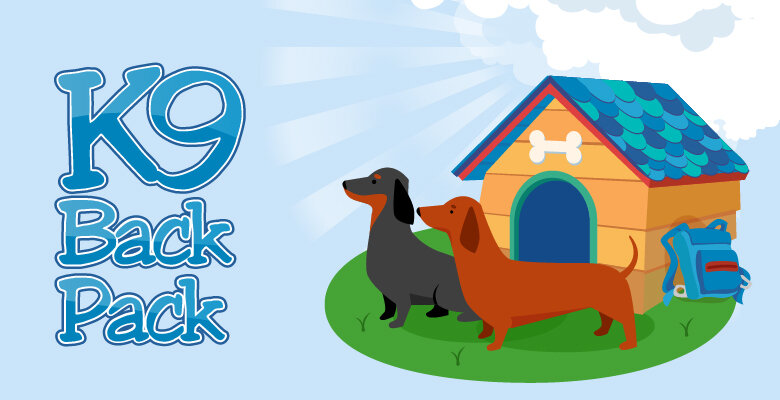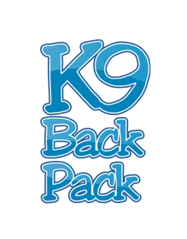Questions to Ask at Release from Animal Clinic/Hospital
There is no substitute for good veterinary care.
This information is for educational purposes only and should NOT be used in place of consultation with your veterinarian.
What an exciting time it is when your dog is ready to be released from the hospital or clinic and come home. You might be a little worried about whether or not you'll be able to provide the care your dog needs. Have no fear: YOU WILL DO JUST FINE!! You both will be OK!
During discharge, things can get a bit hectic and questions you had wanted to ask can get forgotten in the excitement, nervousness, and confusion of the moment. To help during discharge, here is a list of questions that you can add to and take with you.
At the bottom of the page is a printer friendly version
What symptoms should I look for that would indicate healing is not going as it should?
What options do I have to increase medications if my dog is in pain?
How long after surgery should I expect my dog to poop?
Does my dog need passive massage or physical therapy (PT) and if so what type? When should I start and how many times a day should I do the therapy?
What should I do if my dog seems sore after PT exercises?
How long is crate rest required and how strict should it be?
If my dog is coming home on either a steroid like Prednisone or an NSAID (Non-steroidal Anti-inflammatory Drug) such as Rimadyl or Metacam, what dosage of Pepcid AC should I give to reduce stomach acidity to protect against GI irritation/ulceration from those medications?
NOTE: In our experience, many dogs develop severe stomach/intestinal irritation/ulceration from these medications combined with the stress of IVDD. It is painful; but, the first indication you may get that it is occurring is usually diarrhea and then blood in the diarrhea. Blood in the diarrhea in considered a medical emergency needing immediate vet care. Being proactive before the dog develops symptoms can avoid additional pain and medical treatment. Many vets will give Sucralfate which actually coats the stomach and upper intestines to protect and treat irritation. In some cases, Pepcid AC as an acid reducer is not enough to protect against irritation/ulceration and adding Sucralfate treats it effectively.
Who should I call if I believe my dog's recovery may not be progressing as it should or my dog is in pain?
When is my next scheduled follow-up appointment?


